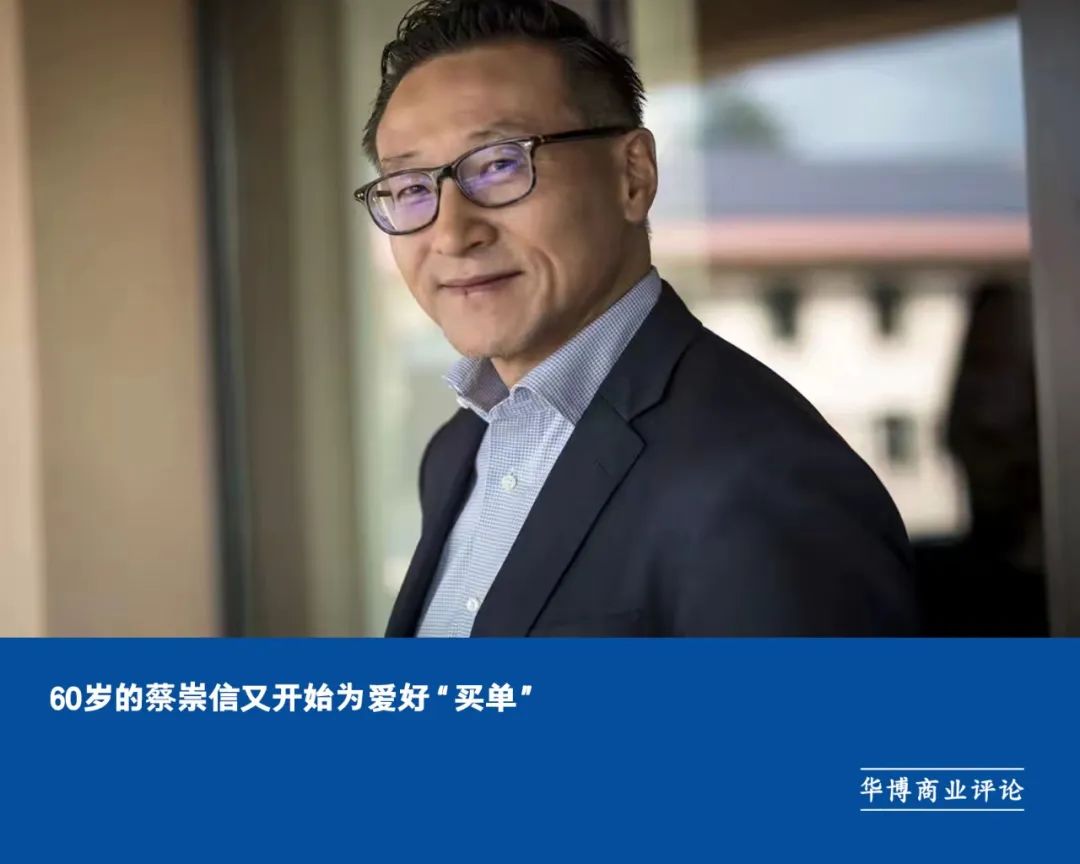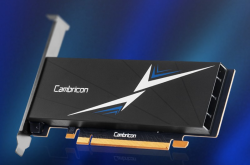60-year-old Joe Tsai is again paying for his hobby
![]() 10/09 2024
10/09 2024
![]() 474
474

Produced by|Hua Bo Business Review
Due to overcapacity, long return periods (usually exceeding 10 years), poor management, and other reasons, French vineyards, which were once popular among Chinese billionaires, have now become a "hot potato," with one-third abandoned, one-third for sale, and most unprofitable. Joe Tsai, who dares to take big risks, recently purchased a French vineyard. Joining him in this investment is Weiszberg, CEO of Blue Pool Capital, which he founded. It is reported that the 60-year-old Joe Tsai is an avid wine collector. Some media believe that Joe Tsai may be simply paying for his hobby with this investment, or perhaps out of his keen business acumen.
01
Keen-nosed 'gambler'
Why do we say Joe Tsai dares to take big risks? In 1999, Alibaba was still just a "makeshift team," with no company registration and a lack of funds, and the future was shrouded in uncertainty. However, against this backdrop, Joe Tsai, a transnational investment executive from an investment family with a Yale law degree, made an astonishing decision: to abandon his high-paying position with an annual salary of $700,000 and join Alibaba with a monthly salary of just 500 yuan. This was undoubtedly a big gamble, but Joe Tsai had a unique vision, recognizing Alibaba's potential. Later facts proved him right as Alibaba soared to become a global internet giant. However, Joe Tsai's path of big bets did not end there. As a huge basketball fan, he embarked on another big bet in 2018 – acquiring the Brooklyn Nets of the National Basketball Association (NBA) in New York City.
In April 2018, Joe Tsai personally invested $1 billion to acquire a 49% stake in the Nets. Just over a year later, he purchased the remaining 51% stake for $1.35 billion, officially becoming the first Chinese owner in the Nets' 51-year history. Moreover, he spent $1.15 billion to acquire Barclays Center, the Nets' home arena, gaining control over the team's playing venue resources. Based on Joe Tsai's personal net worth of $9.6 billion, according to Forbes, he invested one-third of his fortune in this hobby. Fortunately, his bet paid off again! In June 2024, the Koch family acquired a 15% stake in BSE Global, the parent company of the Nets, for a valuation of $688 million. Based on the Koch family's overall valuation of the Nets at $5.8 billion, this sale of a 15% stake generated nearly $340 million in net profit for Joe Tsai in just a few years. Upon completion of the investment, the combined valuation of the Brooklyn Nets and the New York Liberty will break NBA records, becoming one of the highest valuations in the history of professional sports in North America.
In addition to investing in his hobbies, Joe Tsai, considered an idol by countless VC/PE industry practitioners, has a broad investment portfolio covering healthcare, hedge funds, metaverse, blockchain, artificial intelligence, philanthropy, and other areas. His primary investment platform is Blue Pool Capital, which he founded in Hong Kong in 2015. Jack Ma and several other executives have also participated in the fund, which has been dubbed "the largest family office among tycoons." As of 2022, Blue Pool Capital had over $50 billion in assets under management (approximately RMB 360 billion). In December 2023, Blue Pool Capital registered a new fund in the Cayman Islands, raising $500 million and naming it "harborside." This new fund represents Blue Pool Capital's new long-term strategy of establishing an asset management business open to external clients, focusing on investing in hedge funds and private credit funds.
02
Leading Alibaba's transformation journey after one year at the helm
In addition to taking big bets, Joe Tsai, who was appointed Chairman of Alibaba Group's Board of Directors in June 2023 amidst adversity, is also leading Alibaba's transformation journey. In recent months, he has increased his stake in Alibaba shares by approximately 1.45 million, demonstrating his firm confidence in the company's future development. As of August 28, Joe Tsai held 276.75 million shares in the company, representing approximately 1.44% of the total. During this year's 618 shopping festival, Taobao and Tmall abolished their long-standing pre-sale system. Meanwhile, through layoffs, promotions of young leaders, and elimination of inefficient businesses, Alibaba is striving to achieve cost reduction and efficiency enhancement, laying a solid foundation for future development.
In the international market, Alibaba has also demonstrated its determination to transform. Alibaba has implemented a layoff plan at its South Asian e-commerce subsidiary Daraz and adopted a more streamlined and flexible organizational structure, significantly reducing costs. These changes have further enhanced Alibaba's competitiveness in the international market. In addition to constant "change-seeking," price wars have also become a key aspect of Joe Tsai's leadership at Alibaba. In e-commerce, Taobao is tilt ing more traffic towards low-priced products, making low prices a regular weapon for customer acquisition through various promotions such as super flash sales, interest-free installments, member-exclusive prices, and surprising discounts. However, whether price wars can continue to drive Alibaba's growth remains uncertain. Many merchants have long lost their enthusiasm and anticipation for Taobao's promotional activities. In the cloud computing sector, Alibaba has reduced prices and live-streamed cloud service sales to enhance its competitiveness. However, Ava Trade's Chief Analyst Kate Leaman noted that while price reductions may succeed in the short term, their sustainability depends on Alibaba Cloud's ability to operate at low prices over the long term while maintaining stability, especially in the face of established customer bases and differentiated services from competitors like AWS and Azure.






